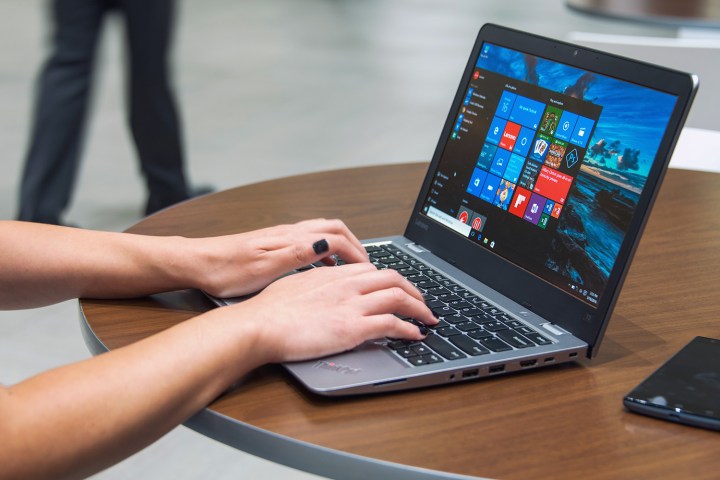
The blog post detailing the new build states the Bug Bash carried out in June to garner feedback was an enormous success. Apparently, over 80,000 pieces of feedback and up-votes were collected, and users completed more than 70,000 “quests” testing out individual features and situations.
The issues raised by this research are fed back to the team at Redmond, which can attempt to make changes to rectify any problems. The team’s handiwork is then distributed to users who are enrolled in the Insider program before being rolled out to the masses — the bulk of the changes made in build 13472 are tweaks made thanks to Bug Bash feedback.
However, there is one notable addition of new functionality that will be pertinent to anyone who uses Edge as their web browser. Microsoft is continuing its steady rollout of extensions to the software, with a new utility that should prove very useful to the many users who rely on Evernote.
Evernote users are already able to use its Web Clipper extension on Firefox and Chrome, and now that same functionality will be available as part of Microsoft Edge. The utility allows users to clip individual web pages and save them to the Evernote app for later reading or reference.
To try out the Evernote Web Clipper, head to the extensions page located on the Microsoft Edge Developer website. However, you’ll need to be on build 14372 of Windows 10 before you can use the extension, which is currently being distributed to Insider program members who are part of the Fast ring for updates.
Editors' Recommendations
- Scores of people are downgrading back to Windows 10
- The next big Windows 11 update has a new hardware requirement
- Windows 11 tips and tricks: 8 hidden settings you need to try
- Windows 11 vs. Windows 10: finally time to upgrade?
- Beware! The latest Windows 11 update might crash your PC


